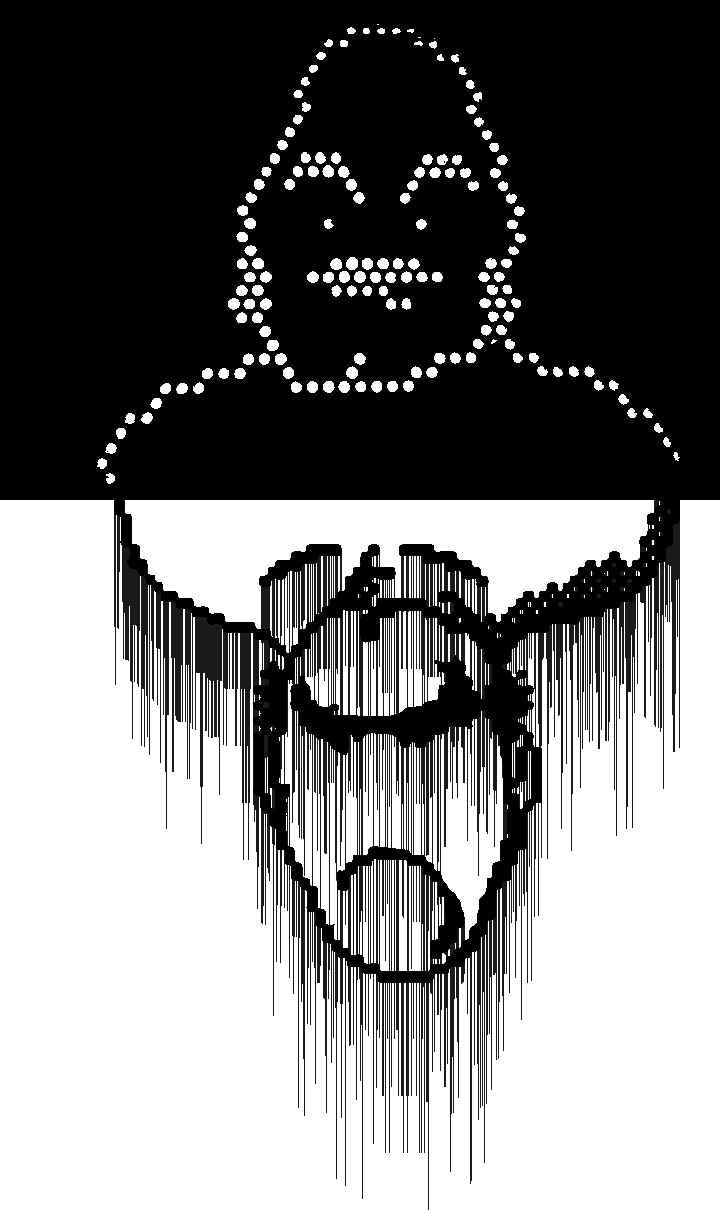|
This time, this time I’m going to charge right over them, he says. He paws the ground. The men huddled around the chess tables outside the bakery laugh. Do it again, they say, Just one more time. I got someplace to be, he says. Aw, they say. Guys, he says, waving over his shoulder as he goes.
There’s liquid lightning in his step tonight. Everything shines. He says hello to everyone he sees. Nothing and no one is strange to him. He catches himself in the long windows of the department store. His old tracksuit fits like a glove. A little tight there, maybe, but it’s just the fabric, the detergent. He touches his moustache. It’s his birthday but he looks twenty years younger, easy. Maybe thirty. We want you to come out of retirement, the men in the suits who came to his house had said. He laughed. He doesn’t remember retiring. He’d been a champion. Minor circuit, sure, but he’d stood on a mountain. Like the time he’d climbed Kaçkar Dağı as a young man. The view from up there. He could see everything laid out before him on every side. Trees and lakes, low country. There were no clouds that day, only crystal blue. He picks up the pace. He needs a good warm-up for tonight. He weaves in between old folks carrying groceries, taking to the gutter to avoid people lollygagging at a bus stop. He makes a wide turn from 80th onto 5th, deking quick to avoid a van parking. He bangs the hood as he passes to remind the guy he’s here. He skirts the park. He won’t be stopped. He held on to the belt for a while. Then he lost it. He kept fighting. Then he lost another. It happens, coach had told him, You’ll get it back. So he kept on fighting. The losses had space between them. Enough so that he didn’t notice the descent. From the mountaintop to the slopes. Then foothills. He kept fighting. But now it was guys half his age. Up-and-comers who wanted to add his name to their sheet. Grazers. Grasslanders. He looked around him. He was sharing dressing rooms with going-nowheres. Tomato cans. Strangers in low country. He feels a burning in his chest. Too early. He makes the corner onto 9th, leaving the park behind him, another long straight drag ahead. He puts his head down and pushes it, pumping his arms, trying to get over the hump. But he feels like he’s climbing a mountain. He kept fighting. Even then. Even when his body became strange to him. Even when they would no longer insure the fights, he found lower country still. He went underground. Back alleys, parking lots. He kept fighting. He stops. He doesn’t want to, but his body does it for him. He goes to a knee, joints cracking and popping, lungs like a bellows. Failing machinery. He’s covered in sweat. He looks around. He’s in a neighbourhood strange to him. Things have been knocked out here, the wrecking ball leaving gaps like a fighter’s mouth. A new building has gone up. Arena, the sign says, but it’s too small and too fresh. There are no ghosts in it yet. It hasn’t earned the name. There were hills below the Kaçkars back home the local children climbed to pick berries. When they were kids they called these hills mountains too. One day, he tugged at the hem of his father’s shirt, working in the pasture. His father shook his head. One day, he said leaning on his plow, You get too old for climbing. He breathes deeply, slowing his heart rate, bringing himself back down. He runs a hand over the smooth dome of his skull, wiping sweat. Someone bumps by him—a greaser in a leather jacket. He almost recognizes him before he sinks into the steady flow of people heading into the arena. He’ll go in soon, join the crowd of strangers in low country. He’s got a little time left. |


